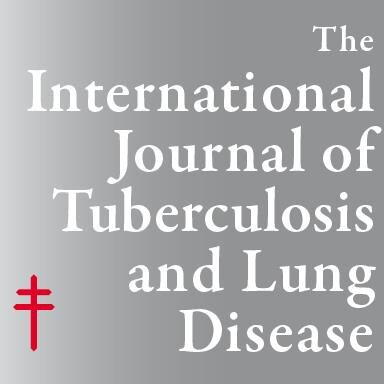Innovative approach to the design and evaluation of treatment adherence interventions for drug-resistant TB

Citation: Alegria-Flores K, Weiner BJ, Wiesen CA, et al. Innovative approach to the design and evaluation of treatment adherence interventions for drug-resistant TB. Int J Tuberc Lung Dis. 2017;21(11):1160-1166. doi:10.5588/ijtld.17.0296
Abstract: BACKGROUND: Drug-resistant tuberculosis (DR-TB) treatment is expensive, lengthy, and can cause severe side effects. Patients face socio-economic, psychosocial, and systemic barriers to adherence; poor adherence results in poor treatment outcomes.
OBJECTIVE: To estimate the effects of the components of the information-motivation-behavioral skills model on DR-TB treatment adherence.
DESIGN: We recruited 326 adults receiving DR-TB treatment and 86 of their health care service providers from 40 health centers in Lima, Peru. The main outcome was adherence (i.e., the proportion of prescribed doses taken by a patient). Exposure measures were adherence information, motivation, and behavioral skills; loss to follow-up during previous TB treatment(s); providers' work engagement; and patient-perceived support from his/her social network.
RESULTS: Structural equation modeling revealed that adherence information and motivation had positive effects on adherence, but only if mediated through behavioral skills (β = 0.02, P < 0.01 and β = 0.07, P < 0.001, respectively). Behavioral skills had a direct positive effect on adherence (β = 0.27, P < 0.001). Loss to follow-up during previous treatment had a direct negative effect, providers' work engagement had a direct positive effect, and perceived support had indirect positive effects on adherence. The model's overall R 2 was 0.76.
CONCLUSION: The components of the information-motivation-behavioral skills model were associated with adherence and could be used to design, monitor, and evaluate interventions targeting adherence to DR-TB treatment.
OBJECTIVE: To estimate the effects of the components of the information-motivation-behavioral skills model on DR-TB treatment adherence.
DESIGN: We recruited 326 adults receiving DR-TB treatment and 86 of their health care service providers from 40 health centers in Lima, Peru. The main outcome was adherence (i.e., the proportion of prescribed doses taken by a patient). Exposure measures were adherence information, motivation, and behavioral skills; loss to follow-up during previous TB treatment(s); providers' work engagement; and patient-perceived support from his/her social network.
RESULTS: Structural equation modeling revealed that adherence information and motivation had positive effects on adherence, but only if mediated through behavioral skills (β = 0.02, P < 0.01 and β = 0.07, P < 0.001, respectively). Behavioral skills had a direct positive effect on adherence (β = 0.27, P < 0.001). Loss to follow-up during previous treatment had a direct negative effect, providers' work engagement had a direct positive effect, and perceived support had indirect positive effects on adherence. The model's overall R 2 was 0.76.
CONCLUSION: The components of the information-motivation-behavioral skills model were associated with adherence and could be used to design, monitor, and evaluate interventions targeting adherence to DR-TB treatment.
Resource Type: Guidance and Tools
Source: MEASURE Evaluation
Filed under: Design, DR-TB, Drug-resistant TB, Evaluation, Innovation, Intervention, Journal Article, Research, Treatment
